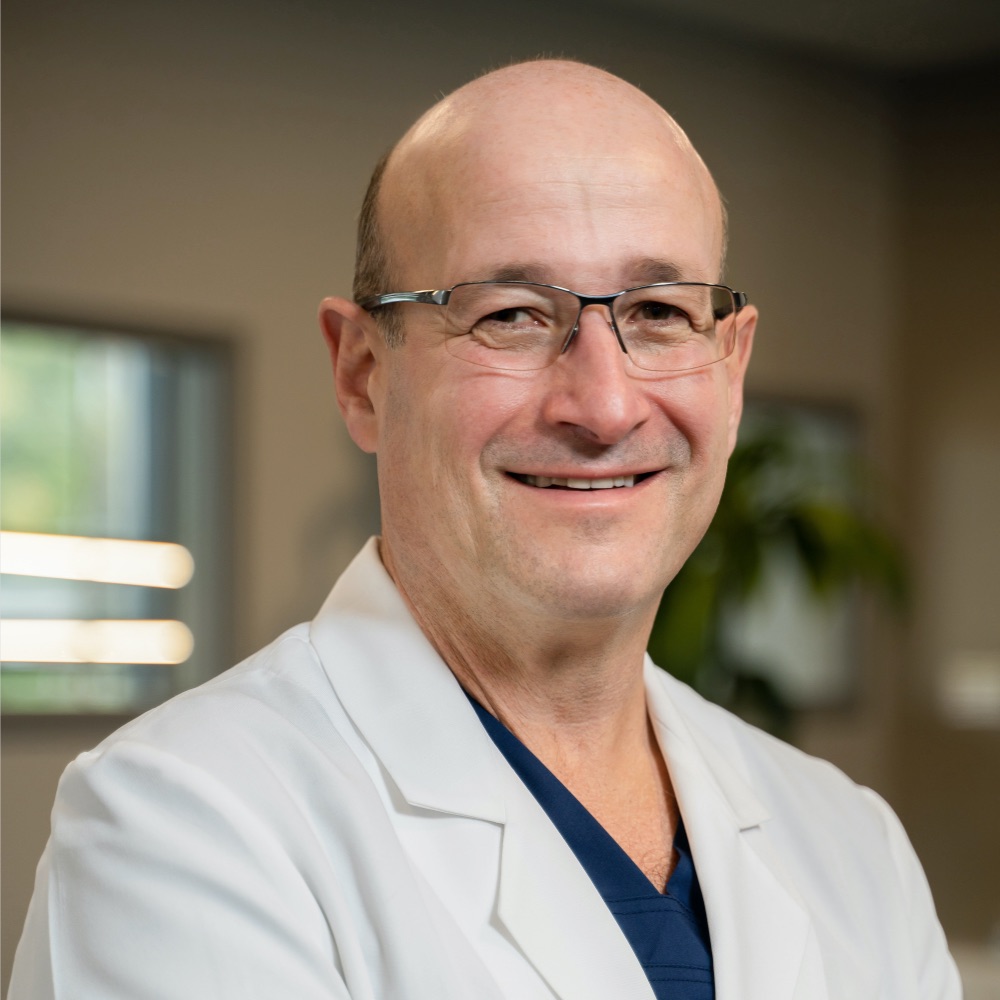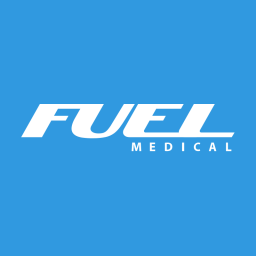
Meet Dr. Gavin Setzen, M.D., FACS, FAAOA, FARS
Position/Practice: Physician and Founder at Albany ENT & Allergy Services
Years in Practice: 25
Education:
-Residency at Albany Medical Center
-Internship at North Shore University Hospital
-Medical Degree at the University of the Witwatersrand, Johannesburg, South Africa
It’s great to get some time with you today, Dr. Setzen. To kick us off, tell me a little bit about your history with Albany ENT & Allergy Services.
I got involved in 1997, when the sole-physician owner was retiring. I took over the practice and renamed it Albany ENT & Allergy Services. Over the years, we’ve grown to a nine-physician practice, with eleven physician’s assistants and eight doctorate level audiologists. We have a large allergy focus, with about 4,000 allergy immunotherapy patients. Last year we opened a 54,000 square-foot, state-of-the-art office with on-site ambulatory surgery center, and we also have a satellite building that we operate in collaboration with a large payer organization and several other independent specialty practices. We are always looking to safely and successfully grow the practice to ensure that we’re providing access and quality for our patients.
It sounds like you’ve been working hard on growing the practice. I know you have also invested heavily in your practice culture. How do you think about practice culture?
I see practice culture as defining who we are, what we do, how we do it and why we do it. I grew up in South Africa and have worked in practices of many different types in different locations. Over the years, I’ve found it to be important to develop the culture, practice and identity within each group. I think that’s what defines us as individuals and as a practice.
Fuel’s professional development team worked with us over the last few years on defining and developing our culture and our brand, and one of the important parts of that process is figuring out the “why” and the “how.” That became a very important part of everybody’s buy-in. Every clinical and non-clinical staff person had a significant role to play in developing the culture and the brand, so we all own it, and we’re all responsible for it and engaged in living it. Our patient facing tag is “Engaged in our community. Invested in your health.” Yes, we’re fully committed to providing the best patient experience and best outcomes, but it goes beyond that. Our interest is in ensuring a safe and viable community in the practice and beyond.
Culture and patient experience are obviously important to you. Why did you decide to bring Fuel Medical Group’s professional development team into that process?
As our practice grew, we realized we were better off seeking outside, professional expertise in certain areas. It really started out with having Fuel rebuild and manage our website, and then other services came out of that. Website development, social media management, brand development and culture development was something that we did not have expertise to do in-house, so partnering with a well-recognized professional entity was extraordinarily helpful for our practice. Fuel has also done an excellent job collaborating with our team in advancing our audiology, hearing and balance department, and more recently working to further optimize our allergy services, which is a very substantial part of our practice.
Prioritizing culture requires investment in time and energy, and sometimes other resources as well. Do you have any words of advice for practices and leaders who aren’t sure if it’s worth the investment?
We are in an era of health care consumerism. As medical professionals, we are judged and evaluated by the services we provide beyond just the health care itself. Patients, payers, employers, and others have come to expect if not demand a comprehensive, thoroughly positive patient experience, and this is something of a paradigm shift. We all, as physicians, think we’re doing a fabulous job of providing care, managing our practices, and addressing patient needs. However, when working with professionals dedicated to these fields, it is eye-opening how much better we can do for each other and for our patients. It is certainly worth the time and resources to evaluate the opportunities that are out there. It’s incumbent upon us to do that today. It’s no longer a luxury, but a necessity. At Albany ENT, we have no regrets whatsoever about our investment in these areas. In pursuing each of these opportunities, we’ve uncovered other opportunities that have only made us a better, stronger practice.
Over the last several years, there has been a conversation in the medical community about how patient experience interacts with health outcomes. What do you believe? Do you think a good patient experience can actually move the needle on health outcomes?
I absolutely think that the patient experience being a favorable one is very important in ensuring good outcomes clinically. Whether that is perceived or real, placebo or is measurable, I think it’s integral to contemporary practice and it’s hard to separate the two. Of course, a patient can have a good experience, but by virtue of their disease process still have a bad outcome but that is a disease process issue, not a patient experience issue. I think a bad patient experience has a negative potential impact on clinical outcome as well. I think the patient experience ties closely to the doctor patient relationship, and patient outcomes as much as anything else.
